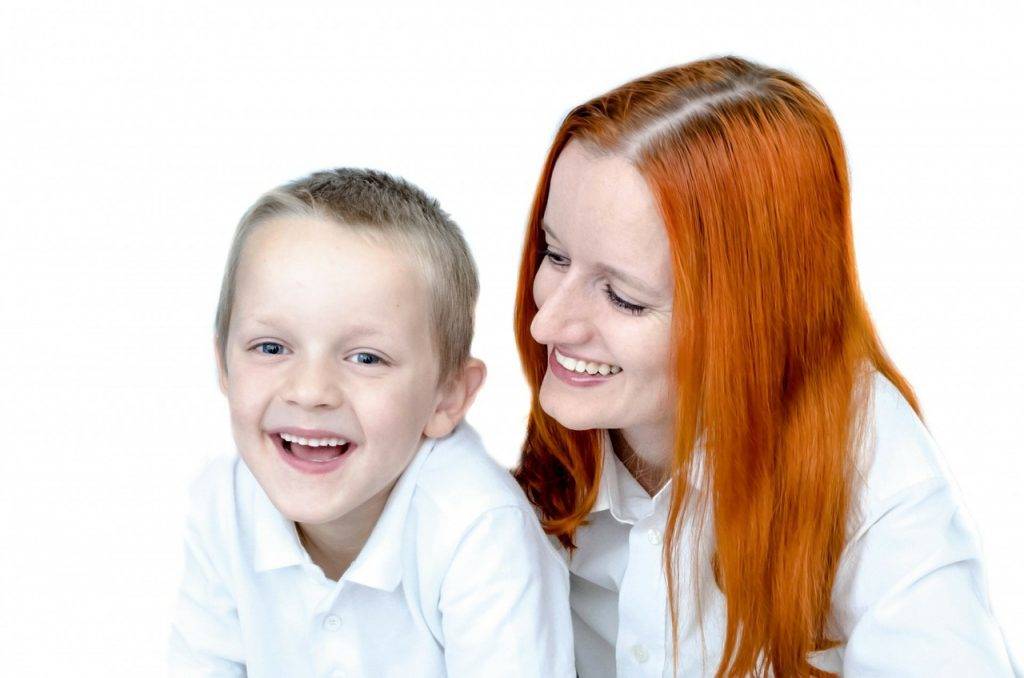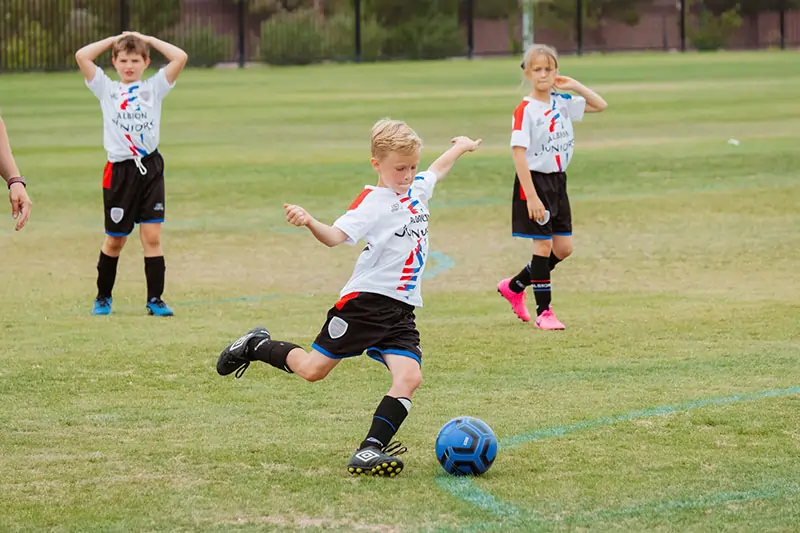How to teach kids to love – Article for parents
 Teaching Kids to Love
Teaching Kids to Love
Teaching our children how to express the way he or she feels is essential in developing his emotional skills and balance. And I find the most beautiful thing to teach our little one is how to understand, feel and express love. Little children are like sponges; they absorb everything they see and hear around them, and pour it all out at a later time. Love is a wonderful character trait that every parent aims to build in their child’s personality. Here are some steps in which you can help them learn and imbibe love.
1) Help others in front of your children
We should involve children in helping others in all the different ways that we do. Love is part of helping others too, even if they are strangers. It could be as simple as stopping the car to let a stray dog pass, donating to charity or helping an elderly.
Explain to them that what goes around comes back around, what we sow today we shall reap tomorrow.
2) Demonstrate love to your child together as parents
It is healthy for children to see how you and your partner love each other. Disagreements are good and they should be allowed to join the conversation and learn what it means to give constructive criticism and communicate rationally. In the end the best way to make up in front of the children is to say sorry, I love you, or I will try to do better next time.
Children can realize those feelings and they WILL highly appreciate them on the long run.
3) Loving themselves by loving others
It is a wonderful feeling to be able to put a smile on someone’s face. Show your kid how making someone happy, can also make them happy! Explain to them how good they feel when someone shares their favourite toy with them. And that they should do the same to others.
Conversations with your child on how each of you likes to be loved (like hugging, helping or even enjoying a game together) will also help towards the objective.
4) You are the love role model
By showing your child what it means to love others, you should be the love role model in their life. Respecting and accepting other people’s differences is a major aspect of reinforcing unconditional love. Teach your child to say: “That’s not OK” when someone does something wrong or makes fun of someone else. But more importantly, be that person yourself so your child learns from you. You are your child’s hero, everything that they are and will be buds from their relationship with you.
5) Respect
It’s important to give thanks when someone does something for you, regardless of how big or small the deed. Giving thanks is not only a sign of respect but also a sign of appreciation. We should realize that what we expect from others should be what we follow in our actions and words too. When children watch us, they start imitating how we behave and gradually it becomes a habit and shapes their character, so be careful how you behave to others especially around your children.
Also, not interrupting someone while they talk or ridiculing someone’s opinion is another form of respect too.
6) Reinforce unconditional love
Say I love you – yes, all the time.
Express how you feel when your child has done a good deed. And even if he or she has made a mistake and you have scolded them, do not forget to make up with them and speak to them gently and lovingly.
Be sure to use emotional descriptive words: I’m proud of you, you make me happy, you did great at this task, you are the best thing in my life etc. Children will learn these emotions in time and start using them appropriately as they grow up.
7) Love is Fun
Of course it is, Love is fun. Teach your child a love sign that all your family can use to express love. It could be as simple as touching your chest/heart side or blowing a kiss; it can even be pulling a funny face or a little gesture of your hands that mean I love you.
Use this sign any time of the day to tell how much you mean to each other. This fun way will emotionally encourage your child to show love without using words. This comes in handy when children grow a little older and sometimes turn shy to express emotions in their adolescence.


